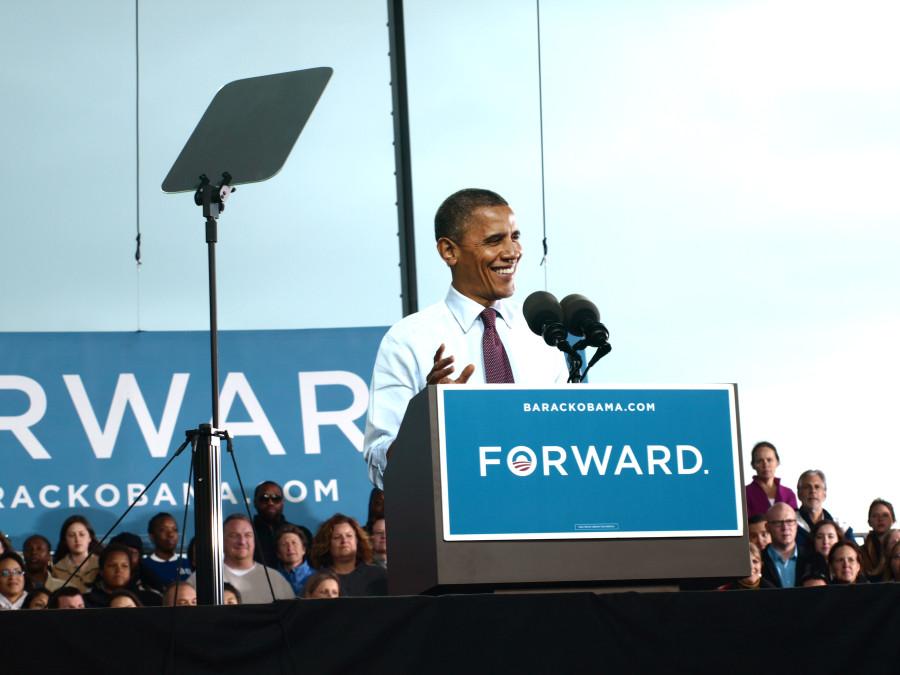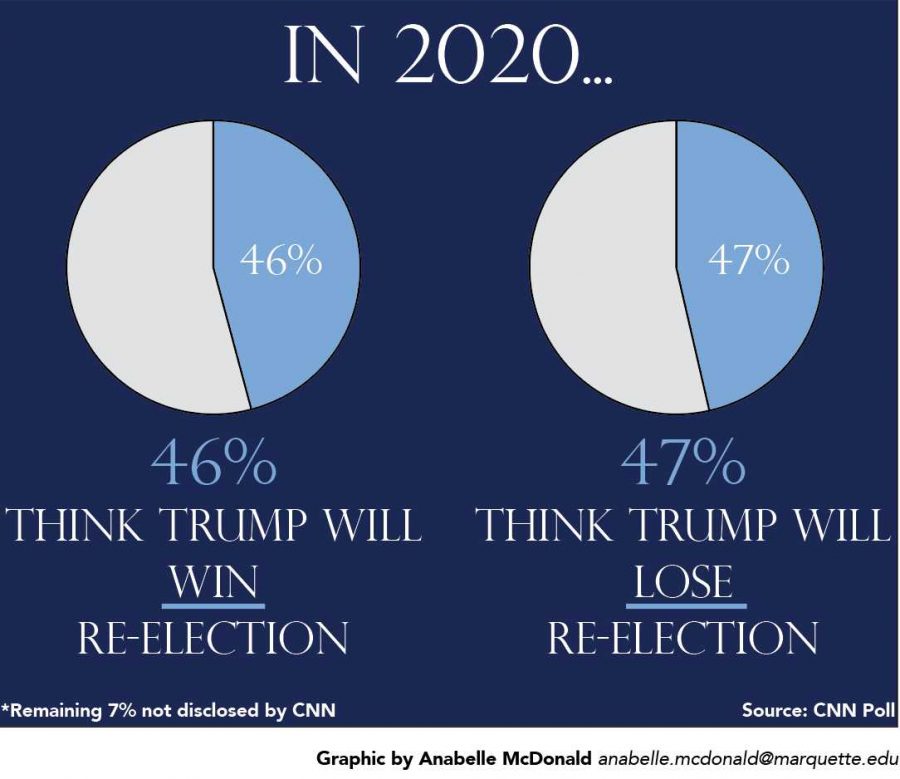
With the final scheduled debate over for Republican gubernatorial candidates Scott Walker and Mark Neumann, the only question left is how the public will distinguish the two very similar campaigns from each other come the primary election day on Sept. 14.
Both candidates place public safety and education as top priorities, with reduced government spending and health care also high on the agenda, giving their campaigns more similarities than differences.
Walker, the Milwaukee County Executive of eight years, portrayed his “common sense” mindset in the campaign, stating the three most important things to remember are “not to spend more than you have, a smaller government equals a better government and people create jobs, not the federal system.”
If elected governor, Walker said he plans to create jobs by cutting taxes and government spending, expanding families’ options for where they choose to send their children to school and fighting to allow the public to choose their own health care.
On the other side, Neumann has marketed himself by highlighting his “small town business experience.” In 1986, Neumann and his wife started a real estate business in the basement of their Janesville home. Four years later, their business was building around 120 homes per year. In 1994, Neumann was elected to the U.S. House of Representatives. He lost a U.S. Senate race to current Sen. Russ Feingold in 1998, returning to his real estate business.
In spite of his four years of political service, Neumann still views himself as a “political outsider,” and said that’s the type of person it will take to “turn Wisconsin around.”
Neumann said if elected his aim will be to quickly get the economy under control by reducing property taxes. He plans to provide citizens with the option of paying their taxes on a monthly rather than yearly basis and, in turn, would be rewarded with tax cuts.
“It’s a two-fold plan,” Neumann said. “You have to have a near-term and long-term focus… If people keep more of their money, they’ll spend it and help grow business.”
In spite of the new tax plan, Julia Azari, assistant professor of political science, believes the similarity between Neumann and Walker’s political views may hinder Neumann in the race. With the opponents running on such like-minded platforms, the public will default to voting for Walker because of his years of political experience and familiarity to voters, Azari said.
“Neumann has merely adapted Walker’s views,” Azari said. “They’re so similar that it will be interesting to see whether the election turns biographical.”
Running uncontested on the Democratic side is current Milwaukee Mayor Tom Barrett.
If elected as governor, Barrett plans to mandate local governments to buy insurance through the state system, saving a projected $339 million dollars a year, according to his campaign website.
Barrett also intends to create jobs and offer more affordable education by cutting government spending and tax rates, as well as create a new high rail system from Milwaukee to Madison.
SENATE: THIRD TERM FOR FEINGOLD?
In a race that was predicted to be an “easy win” for U.S. Sen. Russ Feingold (D), his opponent Ron Johnson (R) has made things interesting by taking an unexpected one point lead in recent polls.
Although Johnson faces opposing primary candidate David Westlake (R) in the primaries, Johnson holds a 14-point advantage among republican voters.
Feingold, who is seeking his third term in office, said he plans to encourage economic growth in rural communities, protect consumer rights and eliminate the federal government from public education.
Meanwhile, Johnson plans to cut spending by reducing government size, defending the people’s right to bear arms and improve education, according to his campaign website. He also aims to fight the recently passed federal health care bill, stating that it is the “greatest assault on freedom in his lifetime.”







